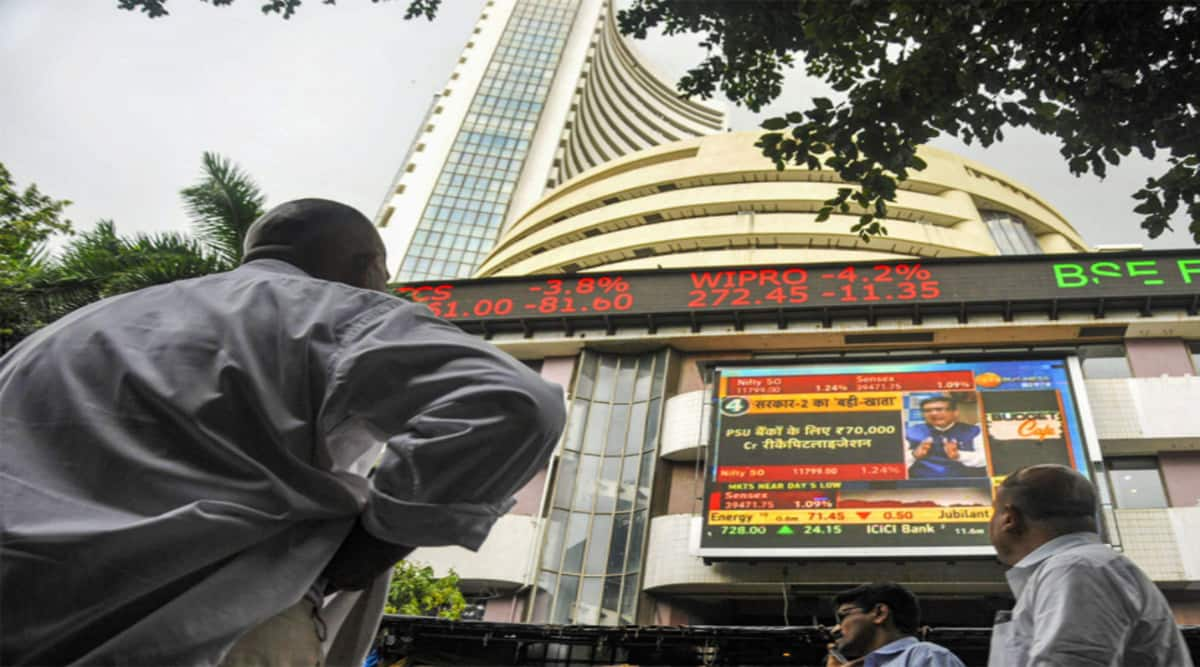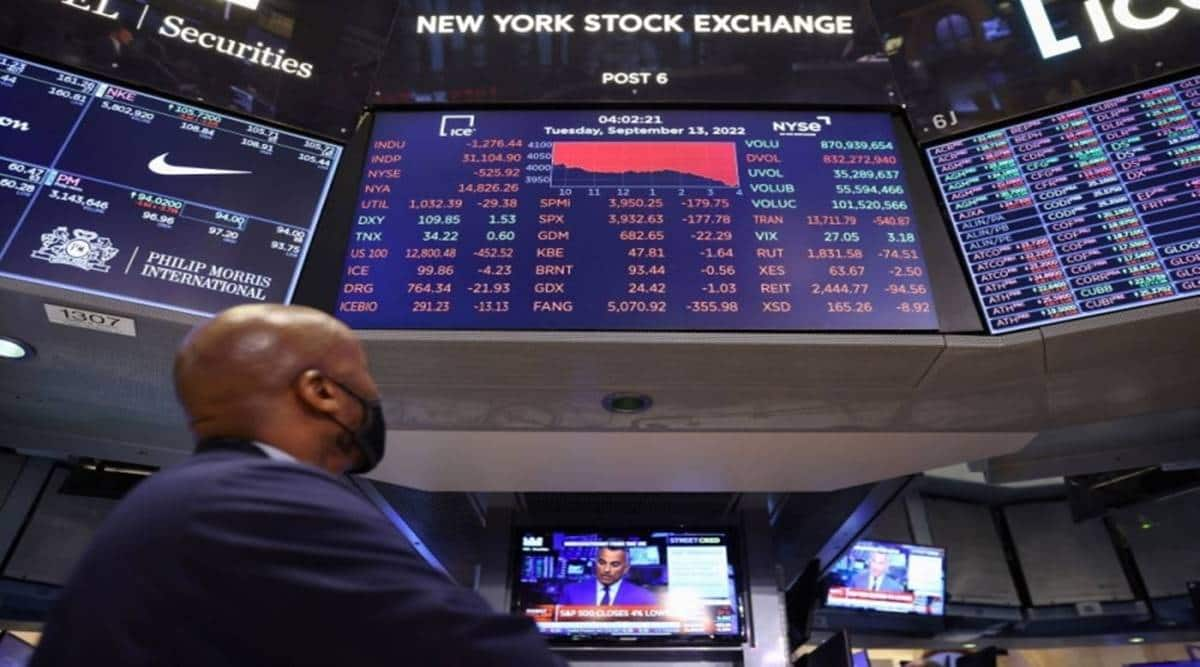Stock market holidays October 2022: BSE, NSE to remain shut on these days this month, check here
The Indian stock market will remain closed for trading on three days in October due to festive holidays. BSE and NSE will be shut on 5 October (Wednesday), 24 October (Monday) and 26 October (Wednesday) owing to Dussehra, Diwali or Laxmi Pujan, and Diwali Balipratipada respectively. However, Muhurat trading will happen for one hour on Diwali or Laxmi Pujan, on 24 October, and its timings will be subsequently notified by the exchange. On these three holidays, trading in the Currency Derivatives Segment and Interest Rate Derivatives segment will also remain suspended.
Also read: Rupee likely to remain volatile ahead of RBI monetary policy meet outcome, USDINR may trade in this range
Also read: MCX Gold prices to consolidate next week, support seen at Rs 48,900; buy on dips as recession fears persist
The National Commodity & Derivatives Exchange Limited (NCDEX), which is the agricultural commodity exchange, will be closed for trading in both sessions on 5 and 26 October. However, it will remain in the second half on 24 October. In November, trading will be closed for just one day – 8 November (Tuesday), on account of Gurunanak Jayanti. According to the BSE holiday calendar, there are 13 declared trading holidays during the calendar year 2022.
Meanwhile, BSE Sensex and NSE Nifty 50 ended nearly 2 per cent higher, snapping a 7-day losing streak on Friday. Investors cheered the RBI MPC announcement of the repo rate hike. BSE Sensex ended at 57,427, up 1,017 points or 1.8 per cent. The NSE Nifty 50 ended at 17,094, up 276 points or 1.64 per cent. Technical analysts believe that Nifty can now move towards 17,500-17,700 zones with key support around 17,000 and 16850


Recent Comments